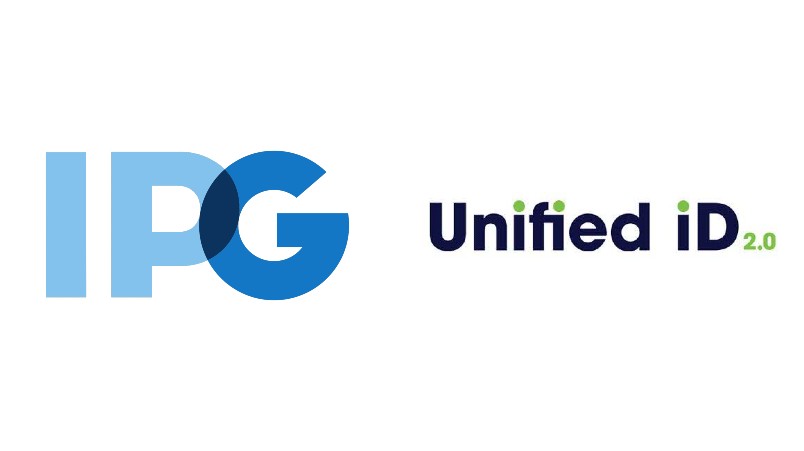'A win for the open web': IPG joins Unified ID 2.0

“This represents a humongous common currency between IPG and The Trade Desk," The Trade Desk CEO Jeff Green said.
In a big step for Unified ID 2.0, global holding group IPG says it will join the scheme, with its Kinesso and Acxiom companies agreeing to process their email databases as “closed operators”.
What you need to know:
- The Trade Desk’s postcookie identity solution, Unified ID 2.0, has taken a big step towards being a leading contender, with IPG announcing it will join the solution.
- IPG global data chief and marketing technology officer, Arun Kumar, who is also the CEO of Kinesso, confirmed the deal at a conference on Wednesday.
- IPG joins as the scheme’s first “closed operator”, able to process their email database and match it to UID2 in a more secure way.
- Australian Kinesso CEO, Clay Gill, confirmed the deal, claiming a win for "privacy, publishers and the open web."
The global space race for post-cookie identity solutions is heating up, with holding company IPG announcing it will join Unified ID 2.0 as its first closed operator.
The move comes as ID players locally ramp up efforts to grab the most land amid a raft of competing options. UID2.0, which is open source and backed by the IAB, is making the early running, alongside the likes of LiveRamp. Some agencies groups have developed their own IDs, as have publishers, but most will need to partner with others to achieve the scale of coverage required in a post-cookie landscape.
IPG’s global chief data and marketing technology officer Arun Kumar confirmed Kinesso and Acxiom will be the first UID2 users within IPG.
Locally, Clay Gill, CEO at IPG's data unit Kinesso in Australia, confirmed the deal.
"We're really excited about the partnership. It's another step in the right direction for the open web – and the reason for that is connectivity and scale. It means transparency, consumer privacy and the publisher wins,” he told Mi3.
As did James Bayes, GM ANZ, The Trade Desk: “The momentum around Unified ID 2.0 continues to grow both locally and globally. We’re pleased to see the industry move at pace toward a better future for data driven marketing, that levels up privacy and control for consumers.”
What is UID?
UID2 is an open-source ID, developed by The Trade Desk, that uses hashed and encrypted email addresses to replace third party cookies, which are due to be shelved by the end of 2023 on Google’s Chrome browser. Major international publishers like the Washington Post and Buzzfeed have signed on to use UID2, though there are concerns email-based identifiers have a limited life span.
The partnership with IPG is significant as it introduces closed operators, which can process personally identifiable information, like an email database, with UID2’s anonymised data in a way that keeps user privacy more secure, Kumar said.
“[Closed operations] mean client data does not need to leave our privacy-safe environments to be connected to the wider ecosystem,” Kumar told an industry conference on Wednesday, reports Adweek.
Using UID2, Kinesso will allow IPG agencies like UM, Initiative, Mediahub and others to find users on the open web.
Adweek also quotes The Trade Desk CEO Jeff Green: “This represents a humongous common currency between IPG and The Trade Desk," he said. "Acting as a closed operator is in harmony with what UID2 set out to do in the first place, which is to not move data unless you have to.”
There are many alternatives to third-party cookies being developed by players in the global ad-tech market. Notably, Google will start trialling its FLEDGE solution later this year after delaying the deprecation of cookies by two years to 2023.
Earlier this month, The Trade Desk launched Solimar, which will be the UID2-powered media trading platform for marketers that want to track performance without using cookies.

